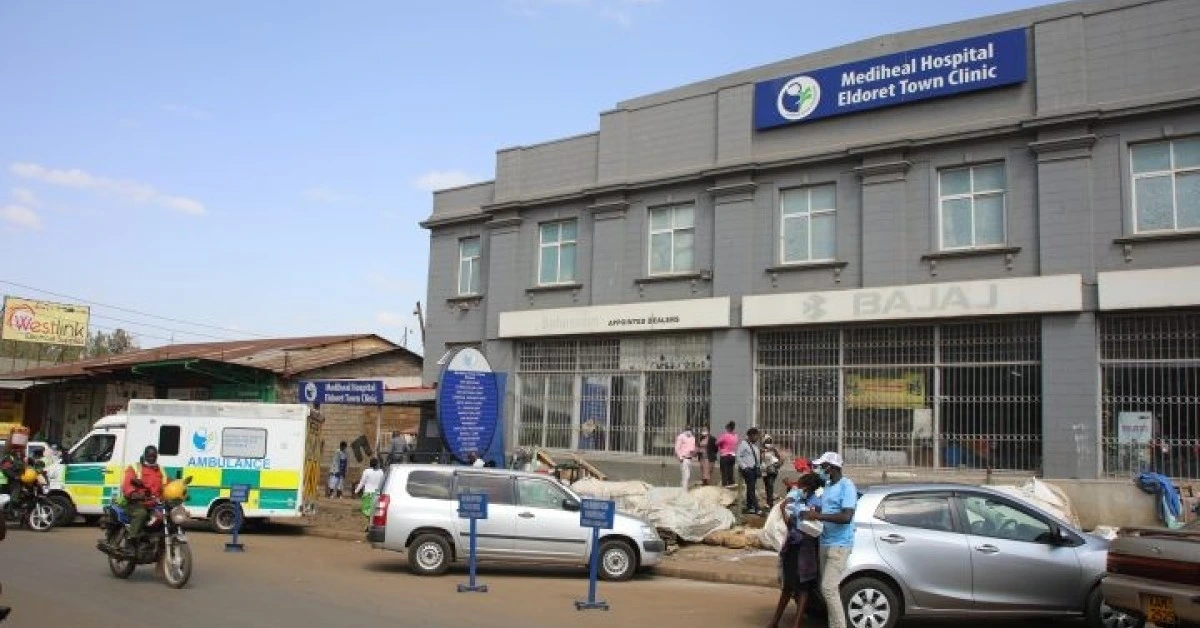
KENYA – The Kenyan government has launched an investigation into Mediheal Hospital’s Eldoret branch following allegations of illegal organ trafficking.
A report by the Kenya Blood Transfusion and Transplant Service (KBTTS) highlighted “suspicious activity for trafficking” after reviewing 372 kidney transplants performed at the facility since 2018.
The investigation noted recurring anomalies, such as the repeated listing of a single individual named “Yusuf” as next of kin in multiple foreign donor and recipient files, prompting calls for further scrutiny into potential trafficking networks.
All kidneys used in the transplants were from living donors, with recipients paying an average of KSh3.2 million (US $25,000).
The transactions reportedly lacked proper paper trails, raising further suspicions about the legality and ethics of the operations.
The 12-member investigative committee, led by Dr. Evelynn Chege, has submitted its findings to Health Cabinet Secretary Aden Duale.
While the report stops short of confirming illegal activity, it raises significant concerns warranting deeper investigation.
In response to these findings, the Kenya Renal Association (KRA) has urged the immediate suspension of Mediheal’s operating license.
The KRA cited evidence of “transplant commercialization and transplant tourism,” including the exploitation of vulnerable donors and the sale of kidneys to foreign recipients, actions that contravene both Kenyan law and international medical ethics.
Parliamentary attention has also been drawn to the issue. Nandi Hills MP Benard Kitur reported cases where individuals were allegedly lured into selling their kidneys for as little as KSh600,000, leading to severe medical complications and, in some instances, death.
The National Assembly Health Committee plans to summon top security officials, including the Inspector General of Police, to address these grave allegations.
Mediheal Hospital has denied any involvement in organ trafficking. In a statement, the hospital dismissed the allegations as unfounded and harmful to its reputation, asserting its commitment to ethical medical practices.
The KBTTS report also revealed that Mediheal’s lead nephrology consultant’s license had expired and noted a 4% mortality rate among transplant patients, further intensifying concerns about the hospital’s practices.
The report points to irregularities, including the involvement of an online medical firm, Medlead, which allegedly facilitated kidney harvesting from Kenyan donors for foreign recipients, particularly from Germany.
The Ministry of Health is expected to present the findings to relevant authorities for further action.
XRP HEALTHCARE L.L.C | License Number: 2312867.01 | Dubai | © Copyright 2025 | All Rights Reserved